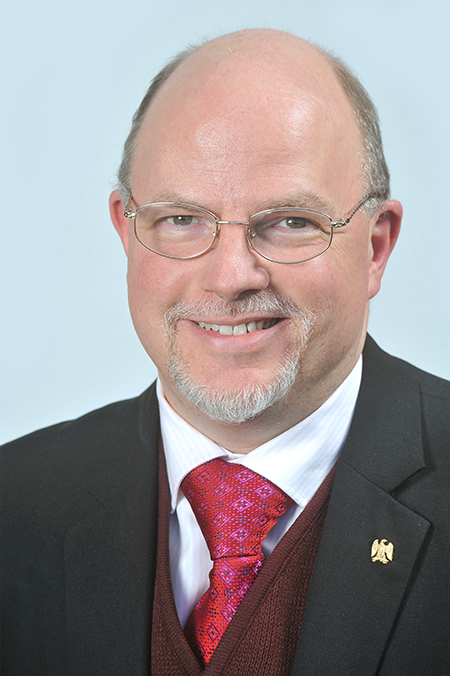Students brandishing posters and occupying buildings; flames licking at the foundations of buildings and, more figuratively, at the foundations of higher education.
This imagery tells us that higher education in South Africa will never be the same. The student protests that started in 2015 and the resulting Fallist Movements* made sure of this.
South African students have made it clear that they demand a changed education environment which includes a new student experience of the curriculum.
This is why the North-West University (NWU) has formulated a declaration on the decolonisation of the curriculum. The NWU Senate approved the declaration at the end of October 2018.
It is a big step forward for the university on this very important and current issue. Prof Robert Balfour, deputy vice-chancellor for teaching and learning, says the declaration reflects the university’s thinking on how to respond to the need for inclusivity and a transformed student experience.
NWU is part of a bigger sector
“The NWU is part of a sector that has had to respond to calls to decolonise the curriculum as not only are we committed to social justice, but we were also affected materially by the Fallist Movements. The way we are responding is two-fold: firstly through the declaration to say this is our position and secondly through implementing it by alignment with our core business,” he says.
“We formulated the declaration because it was clear that a policy would not be enough. Through the declaration we can implement our position about decolonisation in our core business. It also means that faculties should align their teaching plans, research and community engagement.”
The final approved declaration is the result of more than a year of thorough consultation with faculties in which students are also represented on the governance structures, necessitating drafting and redrafting until consensus was reached. “It gives direction and integrates the core business of the institution,” says Prof Robert.
Social justice at the forefront
The declaration states that the NWU, in seeking to be a socially responsive and relevant institution, understands its obligations to accelerate transformation and create an inclusive and rigorous academic culture.
It further declares that the NWU has a commitment to social justice which implies an ethic of care, integrity and respect. Social justice becomes the lens through which the nature and practices associated with curriculum innovation remain focused. This leads to student success, staff development and retention, and the NWU being a university of choice for staff and students in South Africa, Africa and beyond.
The NWU views the decolonisation of university education as a call for reflection and action. The purpose is to be more relevant and to reorient our curriculum focus on Africa in terms of the construction, development and communication of knowledge. The students’ experience of the curriculum should be enhanced and student centred teaching (in terms of self-direction, co-operative and collaborative learning) should become the hallmarks of a students’ education experience in NWU- in everything from the way our venues are designed and equipped, to the way our staff facilitate teaching and learning.
“The declaration shows the NWU’s commitment to creating an environment that is welcoming, socially just and offers our students education of the highest standards,” concludes Prof Robert.
Read the full declaration here
*The Fallist Movement started with #FeesMustFall, a student-led protest movement that began in mid-October 2015 in South Africa. The goals of the movement were to prevent increases in student fees, as well as to increase government funding of universities. Since then the debate has also come to focus more intensively on decoloniality and decolonisation of the curriculum.

Prof Robert Balfour.
